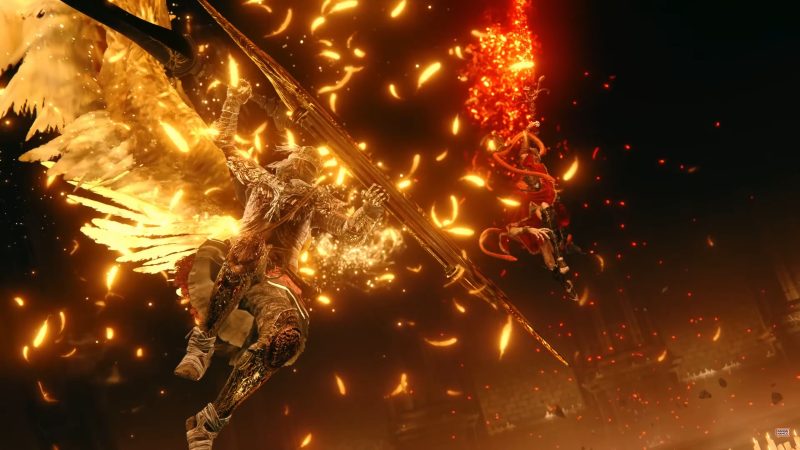The stakes are almost always higher in the video game industry, and expectations even more so.
In a world where none can seem to predict what happens next, Shawn Layden, a former PlayStation executive, offers a compelling perspective that could guide the future of game creation.
Layden, with decades of experience shaping some of the most successful periods in the history of PlayStation, argues for a shift towards shorter, more impactful AAA games. It serves as an insightful response to the changing dynamics of player engagement and consumption but also a strategic approach to addressing the financial and creative challenges faced by developers today.
According to Layden in an interview with GamesBeat, the profile of a modern gamer has dramatically shifted. No longer the stereotype of the youth with endless hours to spare, today's audiences are often adults juggling responsibilities, seeking worthy experiences that respect both their time and financial investment. Thus, Layden's call for 15-20 hour games speaks directly to this audience, emphasizing quality and engagement over their length. This shift doesn't suggest a dilution of creativity or entertainment but a refined focus on delivering memorable experiences within a more accessible timeframe.

